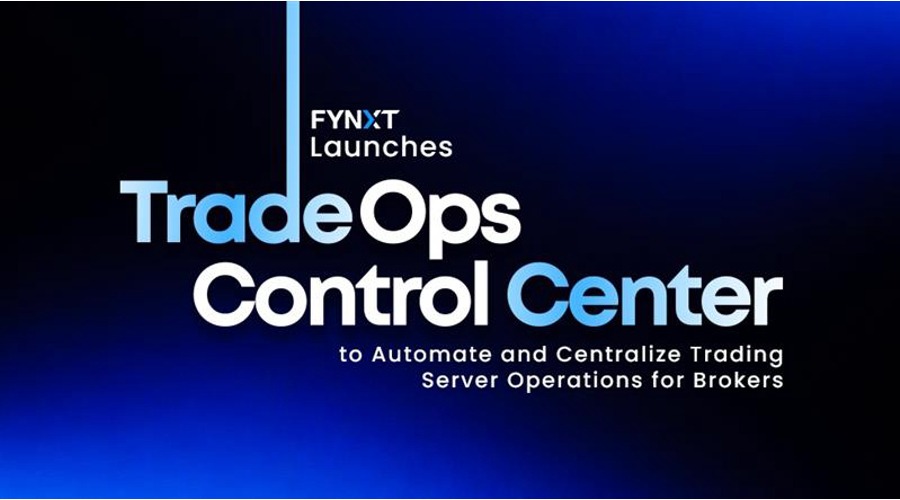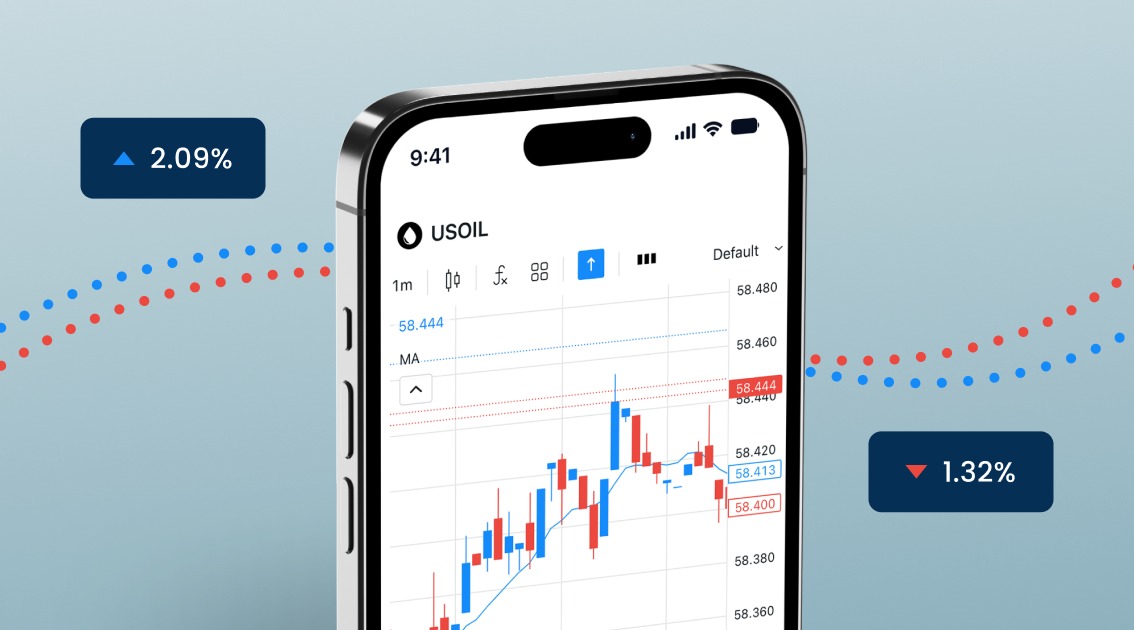Cryptocurrency frauds and security breaches are becoming more likely as cryptocurrencies continue to acquire acceptance and public attention. Cryptocurrencies' decentralized and anonymous nature offers both advantages and disadvantages.
While they have the potential to foster innovation and financial empowerment, they also draw bad actors who want to take advantage of gullible consumers. This article will cover the significance of being on the lookout for cryptocurrency fraud, educating users about potential hazards, and putting security measures in place to guard against fraudulent actions.
Recognizing the Risks
Understanding the numerous risks related to cryptocurrencies is crucial before discussing the value of awareness and education. Scams, hacking attempts, phishing attacks, and Ponzi schemes are common in the cryptocurrency industry. These fraudulent actions may cause substantial monetary losses and reputational harm.
The 'phishing' assault is a popular type of scam where con artists pose as reputable websites or platforms to deceive consumers into disclosing sensitive information like private keys or login passwords. Ponzi schemes are another common swindle in which con artists promise investors great returns on their investments but ultimately fail, leaving investors with nothing. Furthermore, cryptocurrency exchanges and wallets may be hacked, resulting in the loss of digital assets.
The Value of Remaining Alert
Being watchful is essential for defending against cryptocurrency scams. The crypto market has expanded quickly, and scammers' strategies have advanced accordingly. So, it's crucial to use caution and skepticism if working with cryptocurrency.
Conducting extensive research before using any bitcoin project, platform, or investment opportunity is one method to stay vigilant. Users should examine the project's whitepaper and roadmap, confirm the project team's credibility, and assess the underlying technology. Additionally, reading reviews and getting referrals from reliable sources can offer insightful information and assist in spotting any red flags.
Additionally, consumers need to be cautious of unauthorized investment opportunities and guarantees of quick gains. Scams are frequently detected by high-pressure sales techniques and exaggerated claims. Users can guard themselves against falling for shady schemes by keeping a healthy level of skepticism and refraining from making rash decisions.
Instruction of Users on Security Measures and Risks
A potent weapon in the fight against cryptocurrency scams is education. Users can make educated judgements and take preventative efforts to protect themselves by being informed about potential threats and security measures.
Basic ideas in cryptocurrency education should include private keys, public addresses, and wallet security. Users need to be aware of how crucial it is to store private keys securely, use trusted hardware wallets or software wallets, and use two-factor authentication (2FA) to increase security. They should also exercise caution when disclosing personal information online and be alert to phishing scams.
It's also vital to raise people's knowledge of prevalent scam techniques. The warning indicators of Ponzi schemes, fraudulent initial coin offers (ICOs), and bogus investment possibilities should be made clear to users. They should also exercise caution while communicating with strangers online because social engineering schemes are common in the cryptocurrency industry.
To properly educate users, industry participants, including cryptocurrency exchanges, wallet providers, and regulatory bodies, must work together. These organisations can set up workshops, webinars, and educational initiatives to spread knowledge and increase awareness of cryptocurrency scams. Together, they can arm users with the information they need to properly traverse the crypto world.
Putting Security Measures in Place
To protect against cryptocurrency scams, effective security measures must be put in place. Users should adhere to best practices, such as creating strong, one-of-a-kind passwords for their cryptocurrency accounts, upgrading their software and wallets on a regular basis, and turning on any available extra security features, such as biometric authentication.
Users should use caution while disclosing their private keys and personal information on public forums or social media. Cybercriminals frequently keep an eye out for potential targets on these sites. It's also wise to avoid clicking on dubious links or opening suspicious emails if you want to access cryptocurrency-related websites or services. Instead, before inputting any important information, visitors should bookmark the official websites and check their legitimacy.
Another essential security measure is routinely checking and assessing account activity. Users should regularly check their account balances and transaction history to look for any unauthorized or suspicious activity. It is crucial to notify the appropriate authorities or platform administrators as soon as any abnormalities are discovered.
Cryptocurrency exchanges and wallet providers play a vital role in guaranteeing the security of customers' funds in addition to personal security measures. By deploying strong encryption techniques, multiple-signature authentication, and frequent security audits, these service providers should put security first. They should also provide resources for increasing personal security and educate their users about the security measures they have in place.
Industry Cooperation and Regulatory Measures
Regulatory agencies and industry players must collaborate to set and enforce rules and laws in order to effectively prevent cryptocurrency scams. Governments and regulatory organizations ought to create systems that support accountability, safeguard investors, and encourage openness.
Information about fraud and fraudulent activity is shared through collaboration between cryptocurrency exchanges, wallet providers, and regulatory agencies. This partnership could contribute to more knowledge, quicker action against con artists, and a safer environment for cryptocurrency users.
In addition, the sector can create associations or organizations that set standards and best practices for cryptocurrency enterprises. These groups can collaborate to create guidelines for security methods, customer safety precautions, and anti-fraud procedures. Businesses can increase confidence and credibility within the crypto community by adhering to these criteria.
Safeguarding Your Investments: The 7 Necessary Steps to Avoid Crypto Scams
As cryptocurrencies gain popularity, so do the risks associated with scams and fraudulent activities in the crypto space. With the potential for significant financial gains, it becomes essential for investors to take necessary precautions to protect their investments and avoid falling victim to crypto scams.
1. Conduct Thorough Research
Before investing in any cryptocurrency or engaging with a crypto project, conduct comprehensive research. Understand the technology behind the cryptocurrency, its purpose, team members, and the project's roadmap. Verify the credibility and reputation of the team and check if they have a track record of successful projects. Explore online forums, social media communities, and reputable news sources for insights and opinions from experienced investors. A solid understanding of the project and its legitimacy is the first line of defence against scams.
2. Choose Reliable and Regulated Exchanges
Selecting a reputable and regulated cryptocurrency exchange is paramount to safeguarding your investments. Research exchanges thoroughly, considering factors such as security protocols, reputation, user reviews, and regulatory compliance. Opt for exchanges that have a strong track record of security and have implemented measures like two-factor authentication (2FA), cold storage for funds, and regular security audits. Reliable exchanges prioritize user protection and work diligently to prevent fraudulent activities.
3. Be Wary of Promises of Unrealistic Returns
Beware of investment opportunities that promise exceptionally high returns with little to no risk. If an offer appears too good to be true, it likely is. Exercise caution when encountering schemes that guarantee fixed returns or promote pyramid-like structures. Legitimate investments carry risks, and cryptocurrency investments are no exception. Maintain a realistic approach and avoid being lured by false promises.
4. Secure Your Wallets and Private Keys
Protecting your cryptocurrency wallets and private keys is crucial. Use hardware wallets or reputable software wallets that offer robust security features. Keep your private keys offline and ensure they are stored securely. Enable multi-factor authentication whenever possible and regularly update your wallet software to benefit from the latest security enhancements. By implementing these measures, you reduce the risk of unauthorized access and potential loss of funds.
5. Verify URLs and Exercise Caution with Links
Scammers often create fraudulent websites and phishing emails to trick individuals into divulging sensitive information or sending funds to illegitimate addresses. Double-check website URLs for any discrepancies or variations that may indicate a fraudulent site. Avoid clicking on suspicious links and be cautious when sharing personal or financial information online. Always navigate directly to official websites or use bookmarks to access trusted platforms.
6. Stay Informed and Educate Yourself
Crypto scams constantly evolve, making it crucial to stay informed about the latest scamming techniques. Regularly educate yourself about common scams, phishing attempts, and fraudulent practices prevalent in the crypto space. Follow reputable news sources, subscribe to industry newsletters, and participate in credible online communities to stay updated on potential risks and emerging trends. The more informed you are, the better equipped you'll be to identify and avoid scams.
7. Exercise Skepticism and Trust Your Instincts
Develop a healthy skepticism when dealing with new projects, investment opportunities, or unsolicited offers. If something feels off or raises red flags, trust your instincts and proceed with caution. Be wary of high-pressure tactics, emotional appeals, or demands for immediate action. Take the time to evaluate the opportunity thoroughly and consult trusted individuals or professionals before making investment decisions.
Conclusion
In the world of cryptocurrencies, it is crucial to be watchful against fraud and to inform consumers of potential hazards and security precautions. Due to the decentralized nature of cryptocurrencies, users must be accountable for their own security and keep up with scammers' ever-evolving strategies.
Users may guard themselves and their investments against fraud by being aware of the hazards, keeping a watchful attitude, and putting strong security measures in place. To effectively prevent fraud and create a safer and more reliable crypto environment, cooperation between industry actors, regulatory authorities, and users is crucial.
Additionally, governmental actions and industry cooperation are essential for developing standards, upholding laws, and prosecuting fraudsters. Together, we can reduce the dangers posed by cryptocurrencies and foster an atmosphere that encourages creativity, financial empowerment, and user security for all users.

















